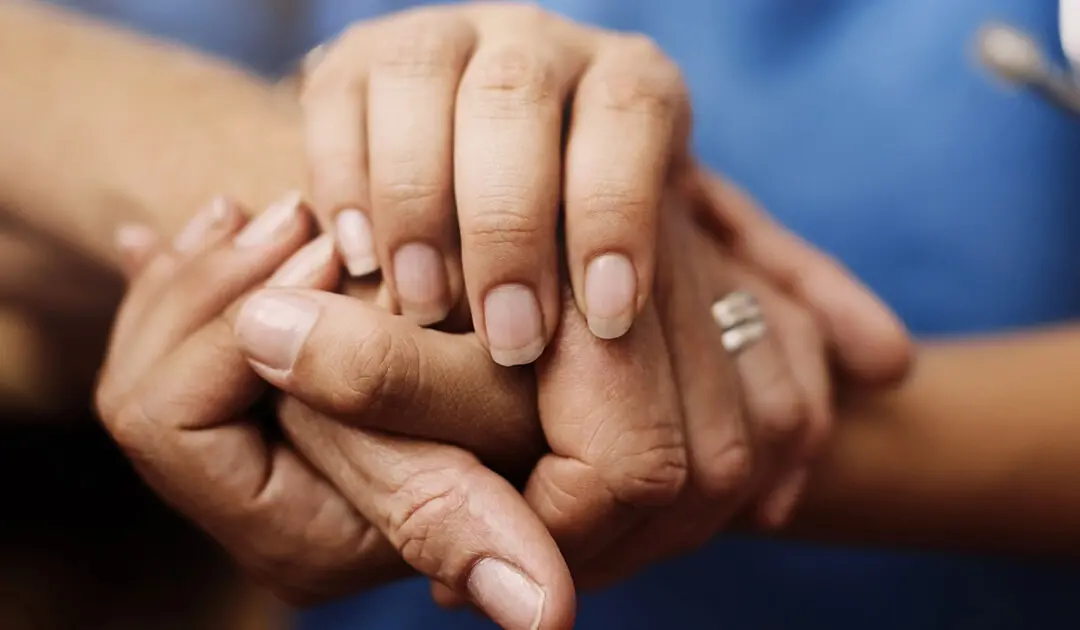5 Effective Tools for Coping with Traumatic Memories

Meet Bryan. He has a wife and child, is stably employed and regularly volunteers in his community. He’s preppy and clean-cut, wears khakis and collared shirts to work, and sports a winning sense of humor. You might never guess that Bryan is a recovering alcoholic and trauma survivor.
A High Prevalence of Trauma and Traumatic Memories
Trauma is a hidden epidemic in this country—and traumatized people are among us as service professionals and among the clients we serve. Approximately 61 percent of men and 51 percent of women have experienced at least one traumatic event in their lifetime, according to statistics from the U.S. Department of Veteran’s Affairs.
Some of these traumatized individuals will go on to develop a diagnosis of post-traumatic stress syndrome (PTSD). The disorder, characterized by distressing memories, flashbacks and nightmares, will afflict roughly 8 percent of Americans at some point in their lives.
Traumatic memories are often a symptom of PTSD. They can also belong to anyone who has experienced a traumatic event (whether or not they have PTSD). And, from my experience as a clinician treating individuals with drug and alcohol addiction, there’s a high occurrence of PTSD among my clients. I have learned that traumatic memories are a force to be reckoned with, as a powerful determinant of human behavior.
Tips for Coping with Traumatic Memories
No two people are exactly alike. Your family background, health history, support system, and ways of relating to the world and processing emotions are some of the variables that make you an individual. This also means that two people who have experienced the very same traumatic event will emerge with very different memories and related emotions—and they may cope with their experience in similarly individual ways.
When you’re dealing with traumatic memories, then, it’s most important to find a coping strategy that works for you. It’s quite common that an effective coping strategy will consist of more than just one therapeutic intervention. Consider the following PTSD interventions, for example:
- Mindful breathing involves focusing on the rise and fall of one’s breath. When traumatic memories enter the realm of consciousness, the aim is to note these passing sensations matter-of-factly and non-judgmentally—but instead of giving them more attention, you refocus your attention on the rise and fall of your breath. Because traumatic memories will come and go, the idea is to learn how to ride out these sensations until they fade, by simply concentrating on one’s breath.
- “Mantram” meditation-based prayer (think “mantra”) improved symptoms of PTSD in veterans in a 2013 study. Like mindful breathing, this practice can be undertaken within the privacy of one’s home, and consists of repeating a short, spiritual phrase in between breaths. The idea is to find a phrase that really speaks to you and what you most need when you’re facing a traumatic memory.
- Yoga has also been evidenced to help trauma survivors heal from difficult memories and emotions. Traumatic memories can lodge themselves in the body. The various positions, stretches, and breathing exercises of yoga can help release these sensations and build greater mind-body awareness toward greater resilience.
- EMDR (Eye Movement Desensitization and Reprocessing) therapy is a form of psychotherapy that was specifically designed to alleviate the distress of traumatic memories. Research has proven EMDR effective at achieving this result. If you’re considering EMDR, I encourage you to find an EMDR-certified therapist.
- Support groups for trauma survivors can be therapeutic outlets in which to share what you are going through with those who understand, having experienced similar issues. Through Meetup, you should be able to find a group near you for trauma survivors and/or others with PTSD.
These are several research-based interventions for PTSD that may help you cope with traumatic memories.
Remember Bryan? In treatment, he learned that symptoms of PTSD were driving his substance abuse. With the help of therapies like EMDR, a peer support group and the practice of healthy new coping strategies, he could move through his traumatic memories and ultimately overcome them. You can, too.
ABOUT THE AUTHOR
Anna Ciulla is the Clinical Director at Beach House Center for Recovery, where she is responsible for designing, implementing and supervising the delivery of the latest evidence-based therapies for treating substance use disorders. Anna has a passion for helping clients with substance use and co-occurring disorders achieve successful long-term recovery
Schedule a Consultation
Learn how CPI’s training programs can benefit your organization.
Let's Connect